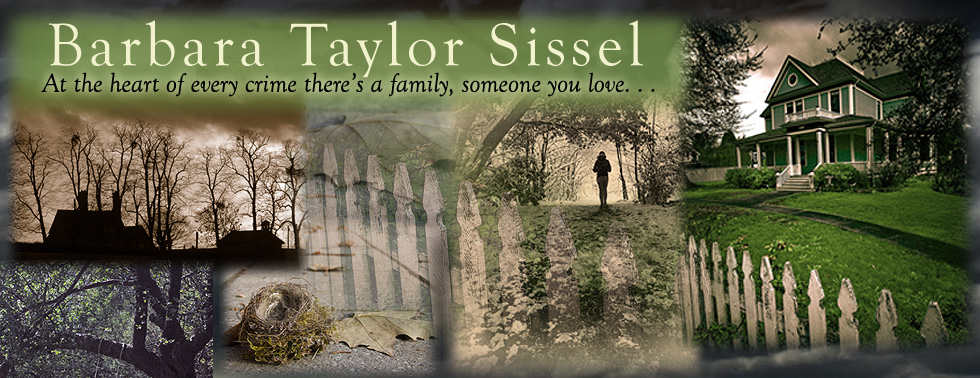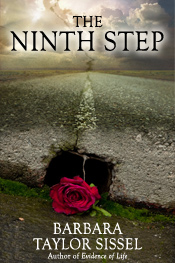I’ve followed the Ryan Ferguson case since it became the
focus of news shows like Dateline and 48 Hours, and like so many other people
around the world, I rejoiced when the justice system in Missouri finally came
to its senses and let Ryan go free. If you aren’t familiar, he was arrested
nine years ago at the age of nineteen when a friend claimed he’d murdered a
man. Never mind that the friend didn’t have the facts regarding the method of
the crime correct, or that the friend had mental and emotional issues, or that
there wasn’t one shred of physical evidence tying either of these young men to
the crime scene. Ryan was convicted and sentenced to forty years anyway, and he
spent the entire decade of his twenties behind bars. One of the things he said,
I believe more than once, was that it was harder for his parents. Well, who
knows, but I’m a parent of two young men so that remark resonated.
The prison where I once lived with my family was a
first-offender unit and housed mainly young men
 |
| The Fergusons - who could have imagined the calamity to come? |
“We never expected our son would get into this kind of
trouble,” his dad said on an orientation day. “He went to school, made his
grades. He played basketball, for God’s sake, and he was good at it. He made
varsity his sophomore year.”
“The police knocked on our door. We were just sitting down
to dinner,” his mother said. “It was the first we knew. The police said they
had every right to arrest him, that he was an adult.” She looked at me. “He was
seventeen.”
“Even now, if he’s an adult, I’m Tinker Belle,” her husband
said.
Sitting at the picnic table, listening to them talk about
the calamity that erupted in their lives without warning a year ago, I couldn’t
imagine it. These people were parents like any other. They could have lived
next door and anyone would have been glad to have them as neighbors.
“I think maybe I wasn’t there enough for him.” The dad’s
voice slipped and caught. He looked off, jaw working. “It’ll be different when
we get him home again. I’m not giving up on my kid.”
His wife took his hand.
My throat was tight. As it turned out, he didn’t give up on
his son. We kept in touch for several years once he was released, and as far as
I know, there was never another brush with the law.
It’s a good story, a happy ending story. Like Ryan
Ferguson’s story. His family believes in him too. They’ve been there for him,
never once wavering in their faith in him. His dad crisscrossed the country in
a car painted with a message: Free Ryan. He never let up, not once. He
was always so composed, too, like Ryan, himself. I got the sense Ryan’s dad
would have done anything to have Ryan free, to have him safe. To get him back.
The situation was heartrending to me as it was to thousands
of others. I can say, honestly, I lost sleep over it a couple of times—it
seemed so horrifying. And there was that question of how far a dad would go for
his son; it was so compelling.
How far would a dad go? Or a mom, or a sister?
How far would you go to save him, if your son or your
brother was arrested for murder?
The family in my latest novel, SAFE KEEPING, faces this
nightmare. On an evening like any other they’re sitting down at the dinner table
when the knock comes on the door and the police take their son. Their lives
unravel. Their faith in the justice system falters and is finally lost. Now
they have to decide: How far will they go?














